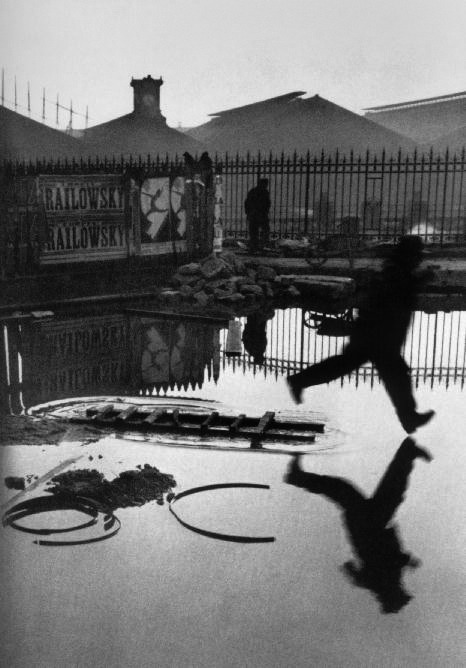Evaluation:
The poster I made features a silhouette of a girl from the picture I took. I chose to place her directly in the middle of the poster to illustrate that this character is alone on her journey; it conveys the loneliness of the universe. All of the stars make this poster what it is - a visually stunning spectacle. It tells you right away what the story will consist of, from just the visuals alone. The colours and stars go perfectly with the title of the film, and gives the poster a sense of beauty. I wanted to use a silhouette because I thought that would be more interesting than showing her face; it has a sense of intrigue there and doesn't just give you everything on a platter.
The film features a strong female protagonist, which is quite the rare jewel in current times. They are rarely portrayed in the best way; only few master it. I think young women in particular will enjoy this poster because they can relate to it, and the idea of a well-rounded female heroin is likely to appeal to them; it's an opportunity to show us that, like in real life, women are or should be seen as equal to men. So it'll without a doubt appeal to that demographic the most. Despite this, I do think the young male demographic will take an interest as well, as many men want to see women portrayed fairly on screen - and besides who doesn't like a good space adventure? In comparison to a professional film poster this doesn't feel like an amateur created it. Specifically, it borrows from the Catching Fire poster with the female in the center surrounded by whatever they are associated with; for katniss it's fire and for this character it's stars and space.
The process wasn't as long as I thought it would be. Photoshop always seems like a daunting task for me because I'm not that confident with using it. However, this task did not require a lot of skill; the premise was quite simplistic - make a poster that is catchy and has meaning behind it in terms of what the film is about. I'll admit the poster took longer to complete than anticipated, but it all came together in the end.
I'm really pleased with the final outcome because it embodies that feeling of mystery and the film is a about a great mystery in space. Granted, space is full of mysteries but that's how I'd pitch the film to a production company. I enjoy looking at this poster because it's visually impressive, as a result of the colours - a mix of purples, pinks and blues. You could say the poster hasn't got enough content on it, but I believe it's better to be simplistic than overwhelming and have too much happening in the poster that is get confusing, so in conclusion sometimes less is more.


.JPG)










